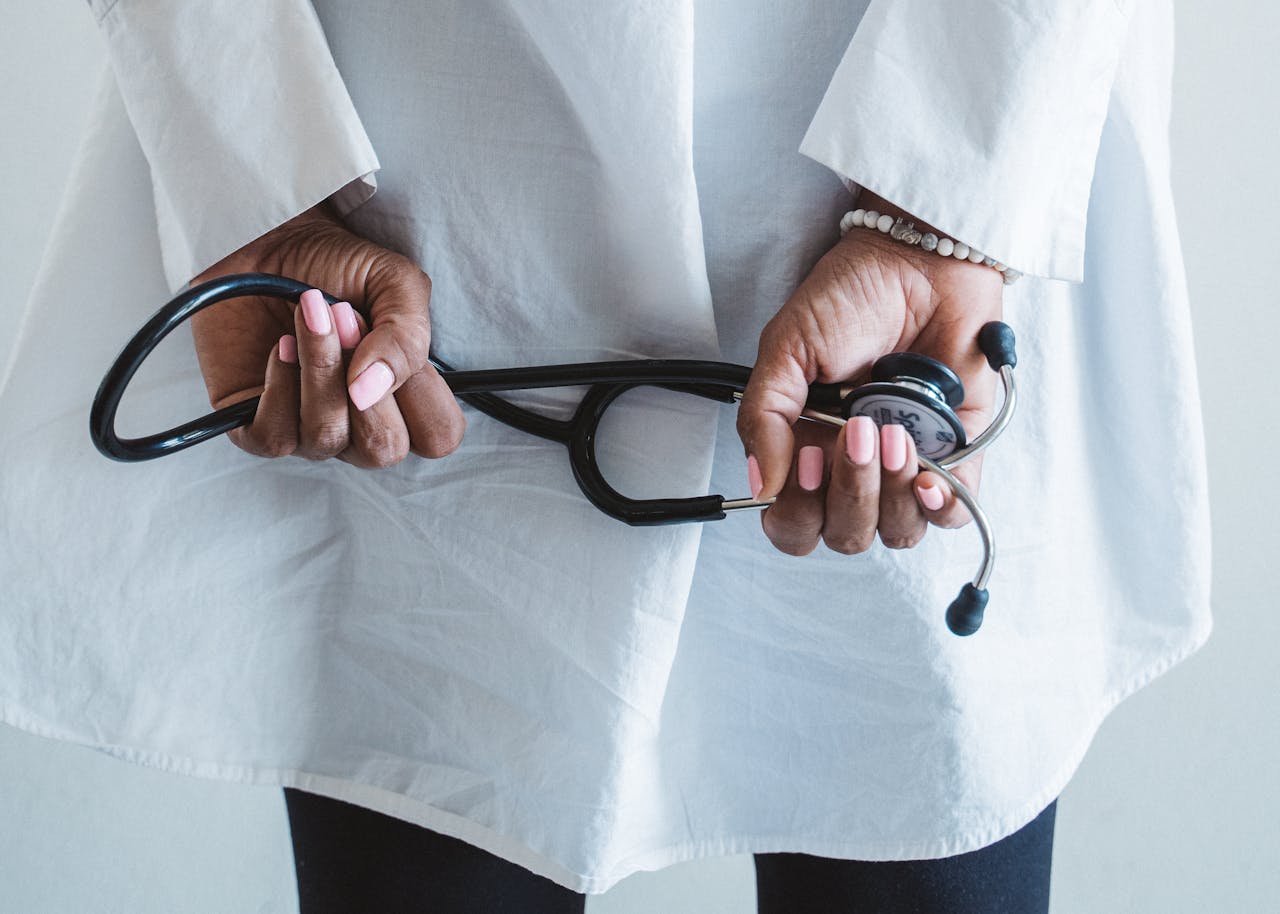Chronic Kidney Disease (CKD) is a serious condition where the kidneys gradually lose function over time. Many people search for ways to "cure CKD fast," but the reality is that CKD is typically a progressive condition that requires long-term management rather than a quick fix. However, with the right approach, you can slow its progression, improve kidney function, and enhance your quality of life.
In this blog post, we’ll explore:
-
What CKD is and its stages
-
Whether CKD can be cured quickly (and the truth behind fast treatments)
-
Proven strategies to slow CKD progression
-
Medical treatments and lifestyle changes that help
-
Myths about fast CKD cures
Understanding Chronic Kidney Disease (CKD)
CKD occurs when the kidneys are damaged and can’t filter blood effectively. This leads to a buildup of waste and fluids in the body. The disease progresses through five stages, from mild (Stage 1) to kidney failure (Stage 5).
Common Causes of CKD:
-
Diabetes (leading cause)
-
High blood pressure
-
Glomerulonephritis (kidney inflammation)
-
Polycystic kidney disease
-
Chronic infections or blockages
Can CKD Be Cured Fast?
The short answer: There is no instant cure for CKD. Since kidney damage is often irreversible, the focus is on slowing progression, managing symptoms, and preventing complications. However, some acute kidney injuries (temporary kidney problems) can be treated quickly if caught early.
Beware of False "Fast Cure" Claims
Many scams promise quick fixes for CKD, such as:
-
"Miracle" supplements or detox teas
-
Unproven herbal remedies
-
Extreme diets claiming to reverse CKD in days
These can be dangerous and may worsen kidney function. Always consult a nephrologist (kidney specialist) before trying new treatments.
Proven Ways to Slow CKD Progression
While there’s no overnight cure, these strategies can help preserve kidney function:
1. Control Blood Sugar (If Diabetic)
-
High blood sugar damages kidney blood vessels.
-
Monitor glucose levels and follow your doctor’s advice.
2. Manage Blood Pressure
-
Keep BP below 130/80 mmHg (as recommended by many guidelines).
-
Medications like ACE inhibitors (lisinopril) or ARBs (losartan) protect kidneys.
3. Adopt a Kidney-Friendly Diet
-
Reduce sodium (avoid processed foods).
-
Limit protein (excess strains kidneys).
-
Watch potassium & phosphorus (if CKD is advanced).
-
Stay hydrated, but don’t overdo fluids if advised.
4. Avoid NSAIDs (Like Ibuprofen)
-
These drugs can worsen kidney damage.
5. Quit Smoking & Limit Alcohol
-
Smoking reduces blood flow to kidneys.
6. Exercise & Maintain a Healthy Weight
-
Obesity increases CKD risk.
7. Treat Underlying Conditions
-
Anemia, high cholesterol, and heart disease can worsen CKD.
Medical Treatments for Advanced CKD
If CKD progresses, treatments include:
-
Dialysis (filters blood artificially).
-
Kidney Transplant (best long-term solution for eligible patients).
-
Medications to control symptoms like swelling or bone disease.
Can CKD Be Reversed?
In early stages (1-3), lifestyle changes and proper treatment can sometimes improve function or stabilize CKD. However, Stage 4-5 CKD usually requires dialysis or transplant.
Promising Research
-
SGLT2 inhibitors (like empagliflozin) show kidney protection in diabetics.
-
Stem cell therapy is experimental but not yet a proven cure.
Final Thoughts: Focus on Long-Term Management
Instead of searching for a "fast cure," work with your doctor to: ✅ Get regular kidney function tests (eGFR, creatinine). ✅ Follow a personalized treatment plan. ✅ Stay consistent with diet and medication.
The Bottom Line
CKD can’t be cured overnight, but early action can slow it down dramatically. Avoid quick-fix scams and focus on evidence-based care for the best outcomes.
Disclaimer:
The information in this article is for educational purposes only and does not replace professional medical advice. Always consult a nephrologist or healthcare provider before making changes to your treatment plan. Results may vary based on individual health conditions.

